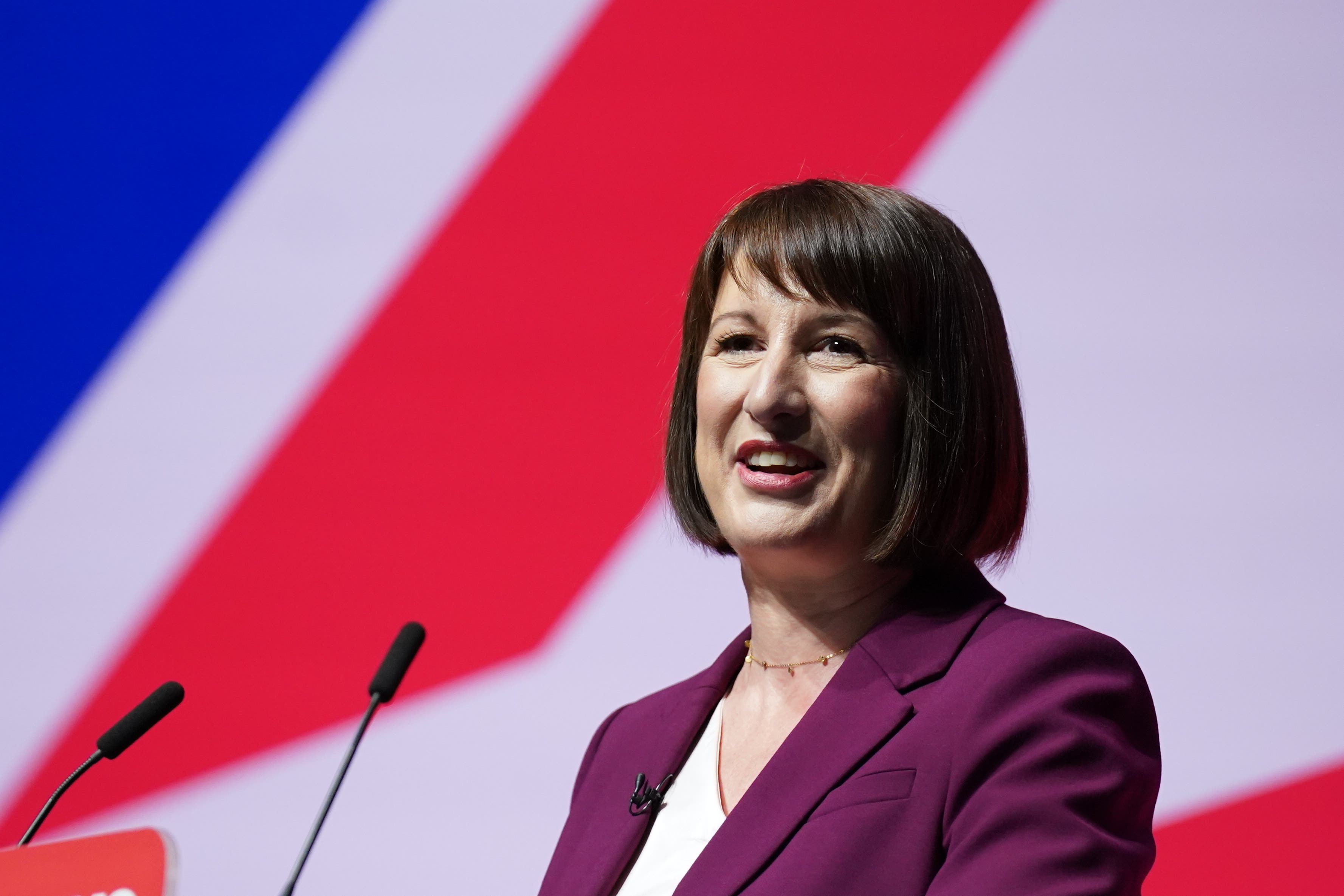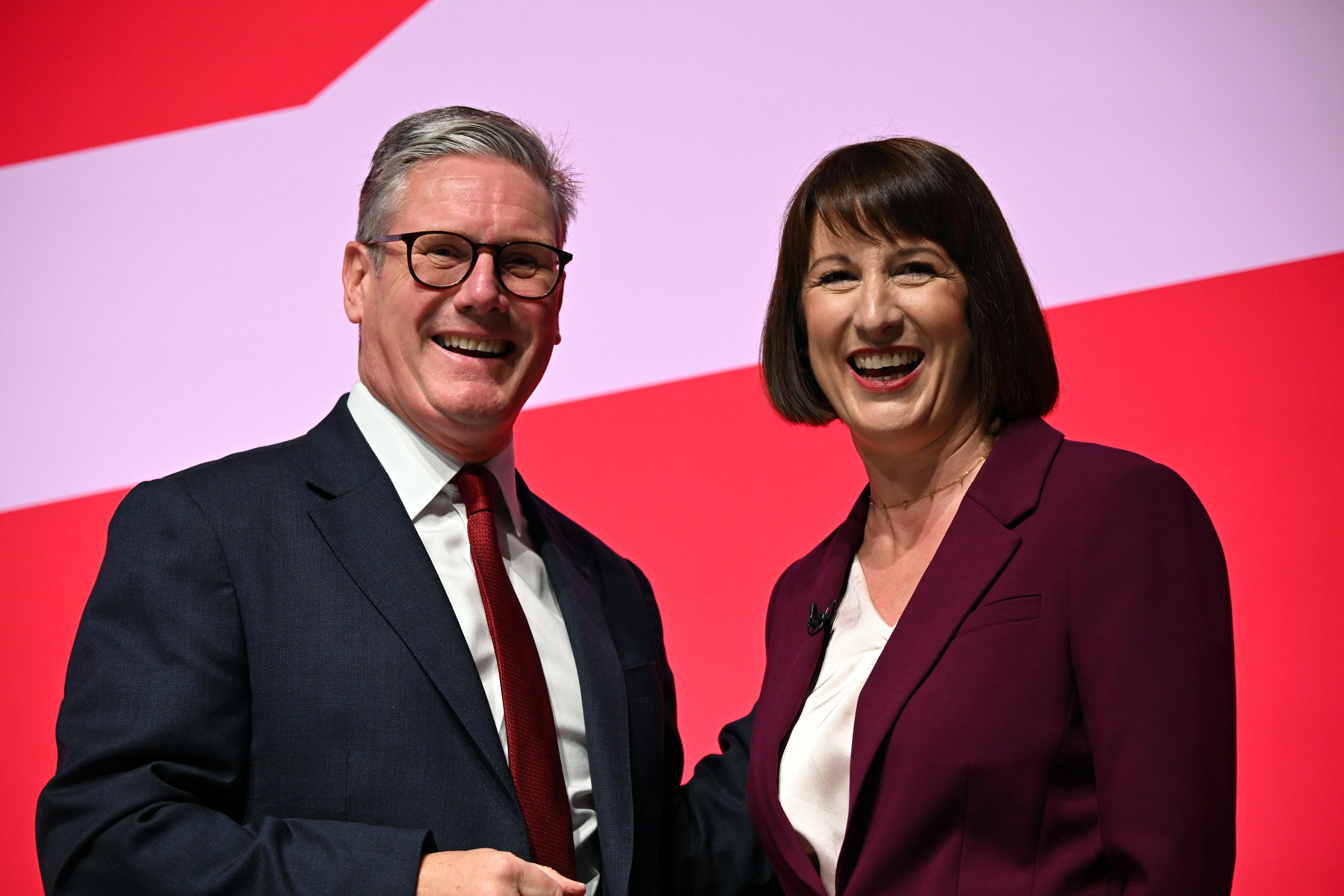Inheritance tax to rise in Budget as Reeves plans to hit well-off

Subscribe For Expert Insights From Westminster
Subscribe For Our Free Westminster Update Email
The Treasury is said to be looking into increasing Inheritance Tax in the upcoming Budget, aiming to generate £40 billion to help address a gap in the public finances.

As reported by the BBC, the chancellor is contemplating several revisions to the tax that applies at a rate of 40 percent on the assets, belongings, and finances of individuals who have passed away, exceeding a threshold of £325,000.
Modifications to Inheritance Tax would primarily affect affluent individuals. According to the Institute for Fiscal Studies, only about 5 percent of all deaths resulted in this tax during the 2022-23 period.
It generates approximately £7 billion annually for the government and offers several benefits, such as exemptions for gifts made during a person's lifetime.
A recent YouGov survey revealed that only 27 percent of people are in favor of increasing inheritance tax, while 60 percent are against it.
Surveys have repeatedly indicated that people in Britain view inheritance tax as unjust.
For instance, if someone donates over £325,000 in money or gifts more than seven years before their passing, the people receiving those gifts will not have to pay inheritance tax.
The government aims to collect up to £40 billion through increases in taxes and reductions in spending, with certain departments potentially seeing budget cuts of up to 20 percent, in preparation for the upcoming Budget announcement on October 30.
John O'Connell, the CEO of the TaxPayers' Alliance, expressed his disappointment over rumors that the chancellor plans to raise inheritance tax in the upcoming budget. He noted that with the threshold currently locked in place, an increasing number of estates are being subjected to this harsh tax, leaving bereaved families facing significant tax burdens during an already challenging time. O'Connell urged Rachel Reeves to quickly dismiss any ideas of raising this unpopular death tax.

This week, Cabinet ministers expressed their discontent with the Prime Minister and the chancellor's proposals, with multiple ministers reaching out to the Prime Minister on Wednesday to share their worries about the intended cuts.
During the Cabinet meeting on Tuesday, Ms. Reeves informed the ministers that the strategy to address a £22 billion gap in public finances will only be sufficient to maintain the current state of public services, without any improvements.
After pledging that there will be "no return to austerity" with Labour, the chancellor is looking to secure an extra £18 billion to provide financial support for the NHS and to prevent actual reductions in budget for certain important departments.
Downing Street cautioned that "difficult choices" are necessary, noting that "not every department will be able to fulfill all their desires."
The official spokesperson for the prime minister stated that Sir Keir and Ms. Reeves have come to an agreement on the key aspects of the Budget, which includes the "spending envelope" that outlines the budgetary limits for each government department.
The Treasury is looking into other potential tax increases, such as raising the employer rate for national insurance. Downing Street has consistently avoided dismissing this possibility, even though it would go against Labour's election promises.
According to Paul Johnson, the director of the Institute for Fiscal Studies, a one penny increase in the tax rate could generate as much as £17 billion.
The Labour party's manifesto pledged not to raise taxes for working individuals, explaining that this is the reason they will not raise national insurance contributions.
However, government officials have contended that the commitment only pertains to the employee's portion of national insurance, which is set at 8 percent, and does not include the employer's contribution rate of 13.8 percent.
At the same time, The Times has indicated that the tax on profits made from selling stocks, currently at 20 percent, may increase by a few percentage points. This change could generate billions in additional revenue.
A representative from the Treasury stated, "We refrain from discussing speculation regarding tax modifications that aren't tied to fiscal events."



























































